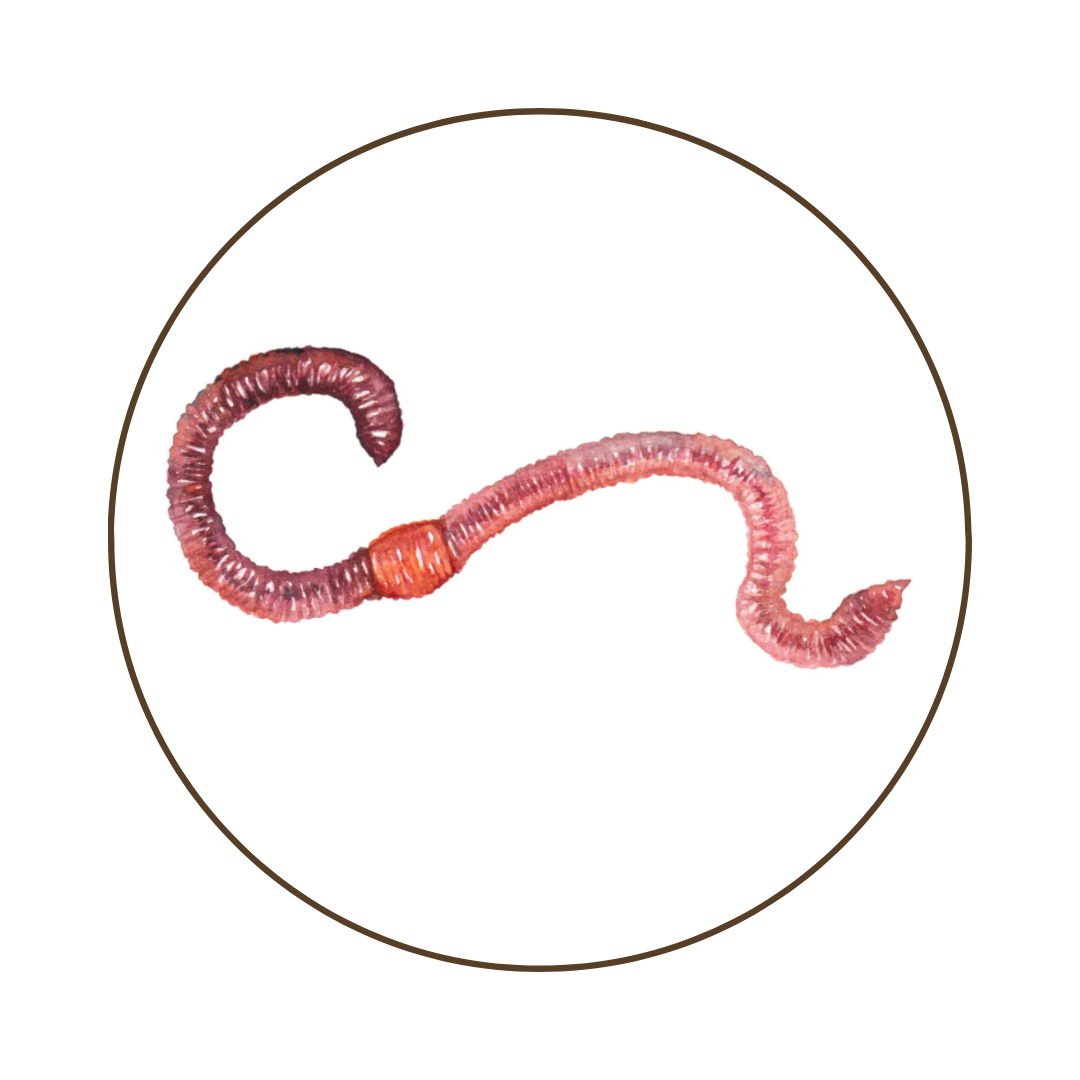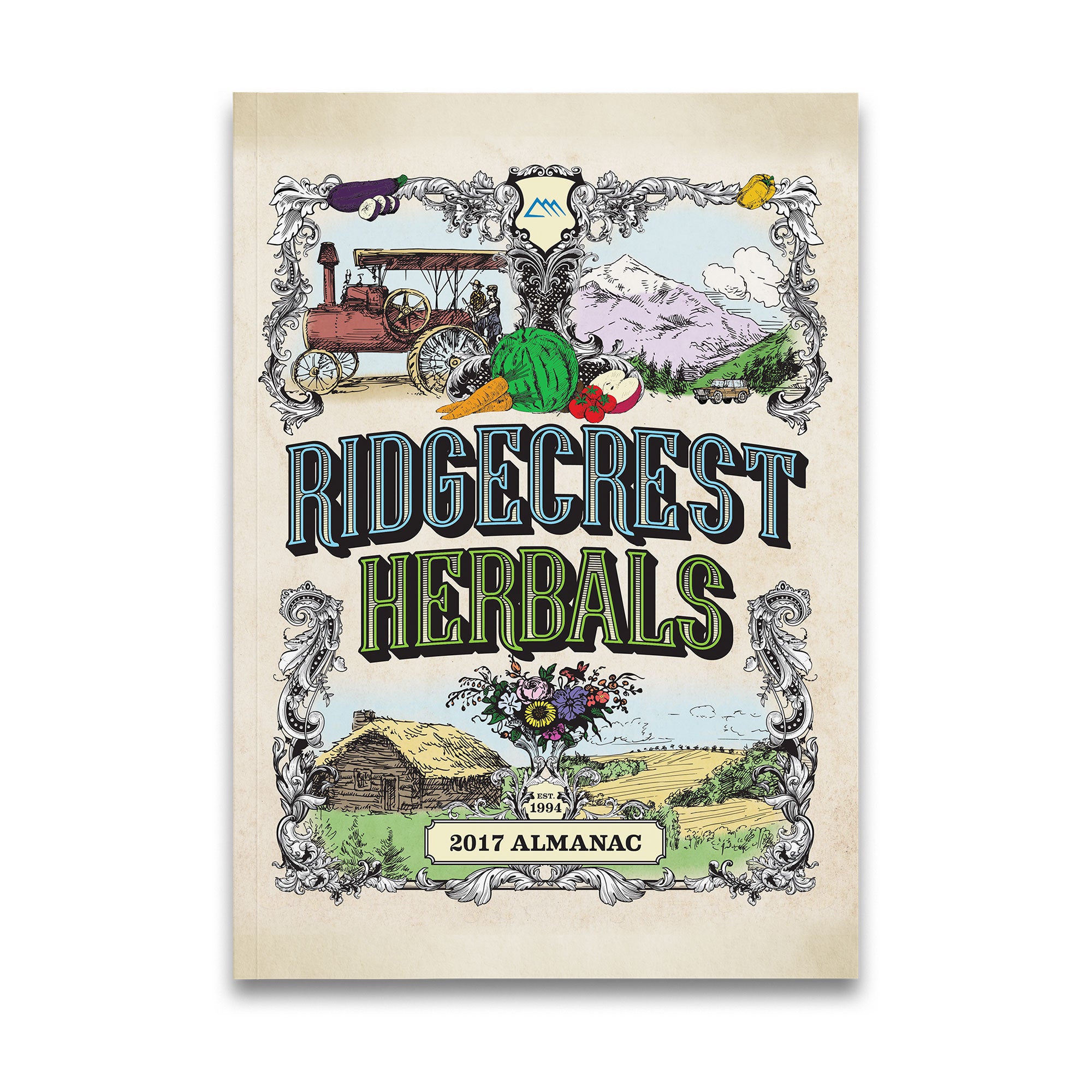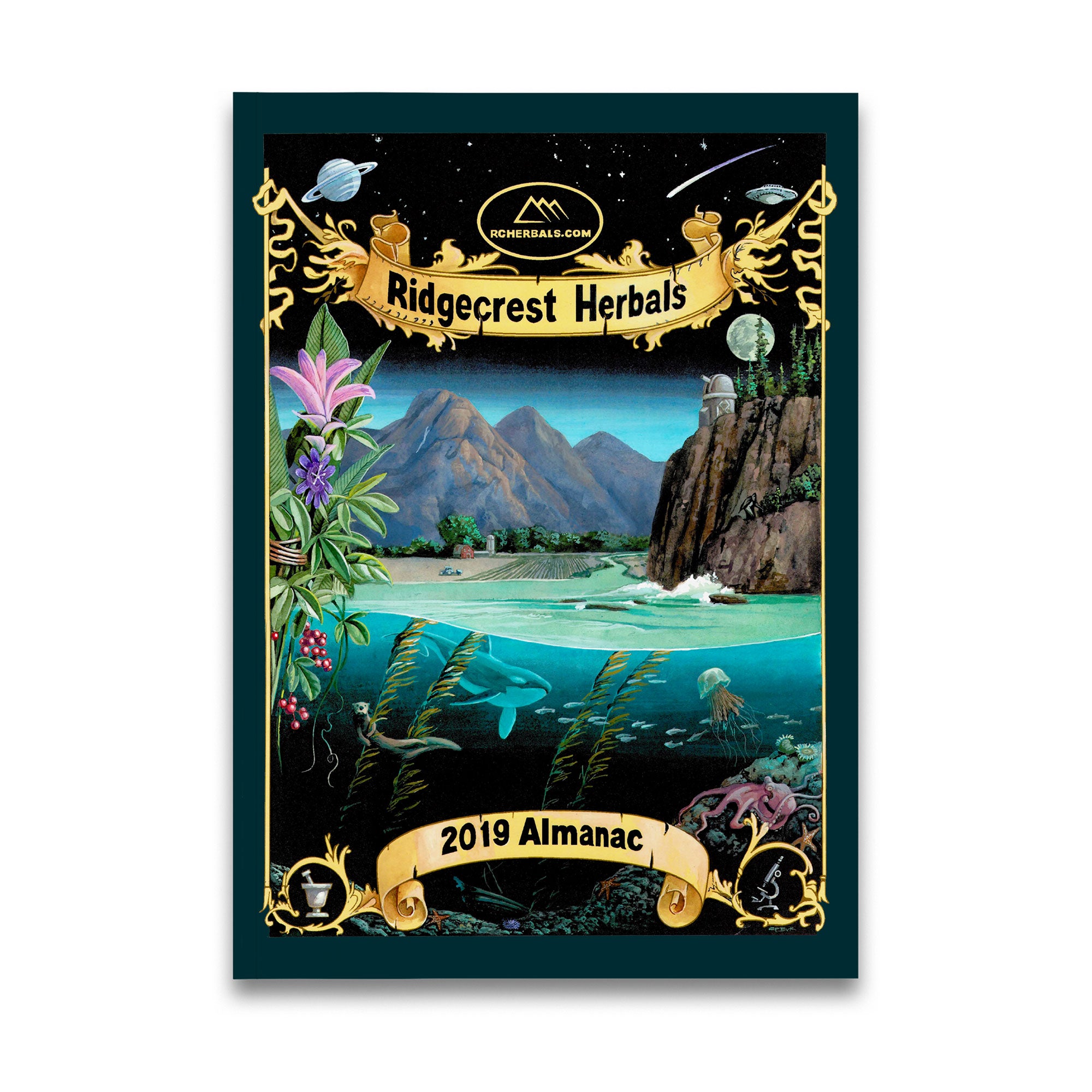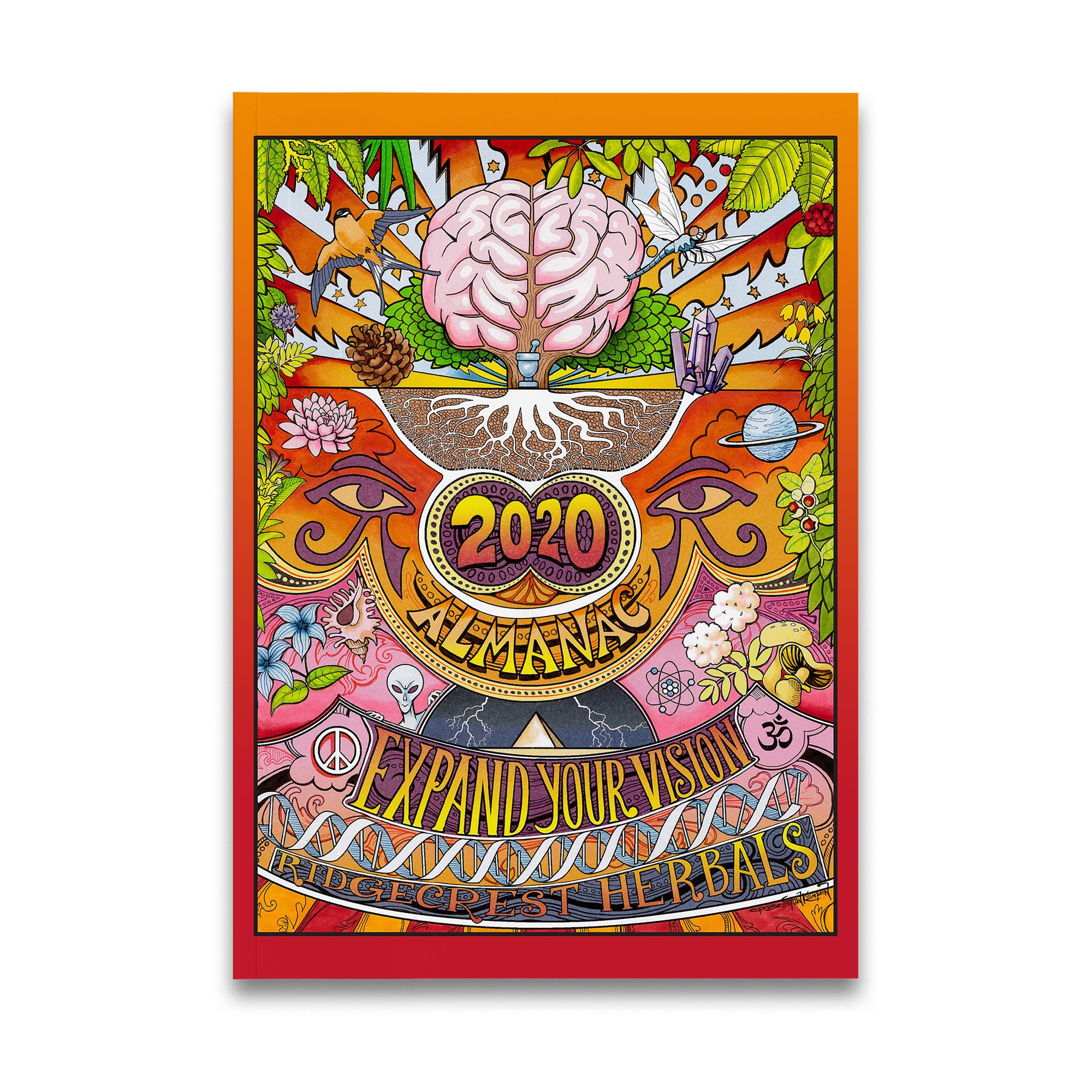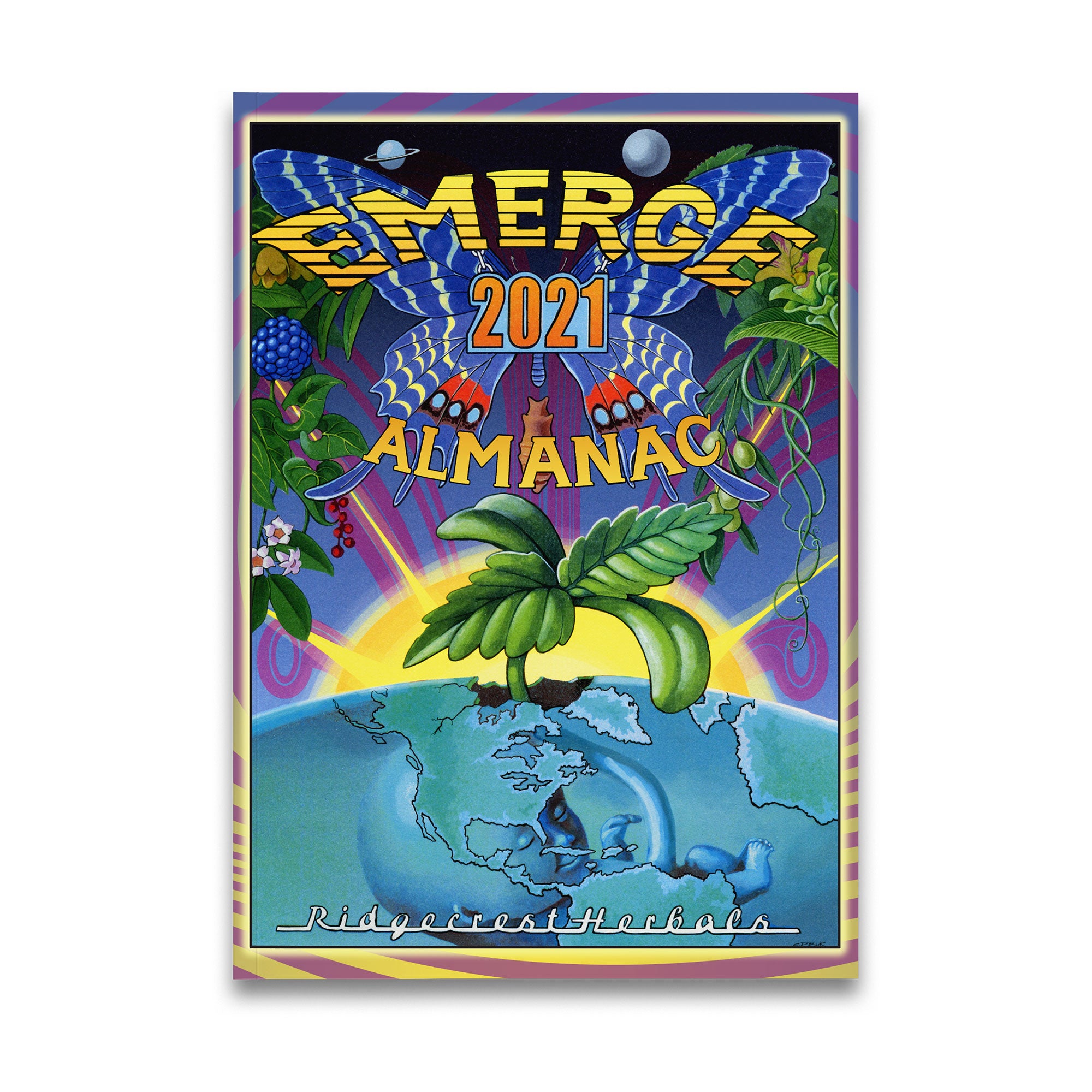Vermicomposting has grown in popularity and become a mainstay for homes around the world, turning natural table scraps into worm castings, or dark black beautiful fertilizer right under your kitchen sink. Vermicomposting means using worms to help break down and recycle organic material, turning it into compost. Before you turn up your nose, let’s get the gross worries out of the way:
- Worms will not escape and find their way to your bed while you sleep, they’re contained within their own system.
- Done right, vermicomposting will not stink.
- You shouldn’t have to handle the little red worms. They do all of the work and move right on to the next step in the process.
Why should you compost with worms?
The short answer: Fertilizer.
The long answer: You can turn your kitchen waste into food for your garden, houseplants, and trees. You’ll also have a supply of rich compost tea - clear water that collects in the bottom of the container, which is an additional fertilizer. You can water your plants directly with this liquid, and they’ll love it!
Another benefit is that your kitchen waste won’t have to go into the garbage. Instead, you’ll put it in the top tray of this system under your kitchen sink, or in your garage (they need to be someplace insulated from frozen winters for maximum benefits), where the worms will break it down into usable material.
There are giant ecological benefits with vermicomposting, it saves a lot of power, and helps you to do your part for the planet. When you buy big-brand fertilizer, you have to think about the energy and fossil fuels used to make or mine the components, and don’t forget to include the energy used to transport it globally.
How do you make vermicompost?
You can find forums on the web (I listed a few below), or there are many books available to teach you how to make your own. You can also purchase kits that vary in cost from around $80-$120, depending on the size you need. Size is determined by how large your family is, and the amount of non-meat food waste you produce.
Keep in mind: you will need RED worms. This will not work with the common nightcrawler you find in your yard. These worms can be bought by the pound, or found in horse pilings (if you have access to that resource). The best way to get them is by asking around. Someone who vermicomposts (or even has a red worm composting system) can give you a handful, and that’s all you need to get started. They will populate the right amount for your system in a short time.
The only downside is that red worms don’t like extreme temperatures. I live in the mountains of Utah, which means I have to pay close attention and be careful to not let them freeze during the winter. If you live in a hot climate, you will need to keep them out of the extreme heat. This is why the dark and temperature-controlled environment under a kitchen sink is a common place to keep them and is fairly stable year-round.
I love vermicomposting. I know where my fertilizer is coming from, and I know it’s not damaging our ecological system, but helping it. If you’re curious and want to find out more, check out these sources:


